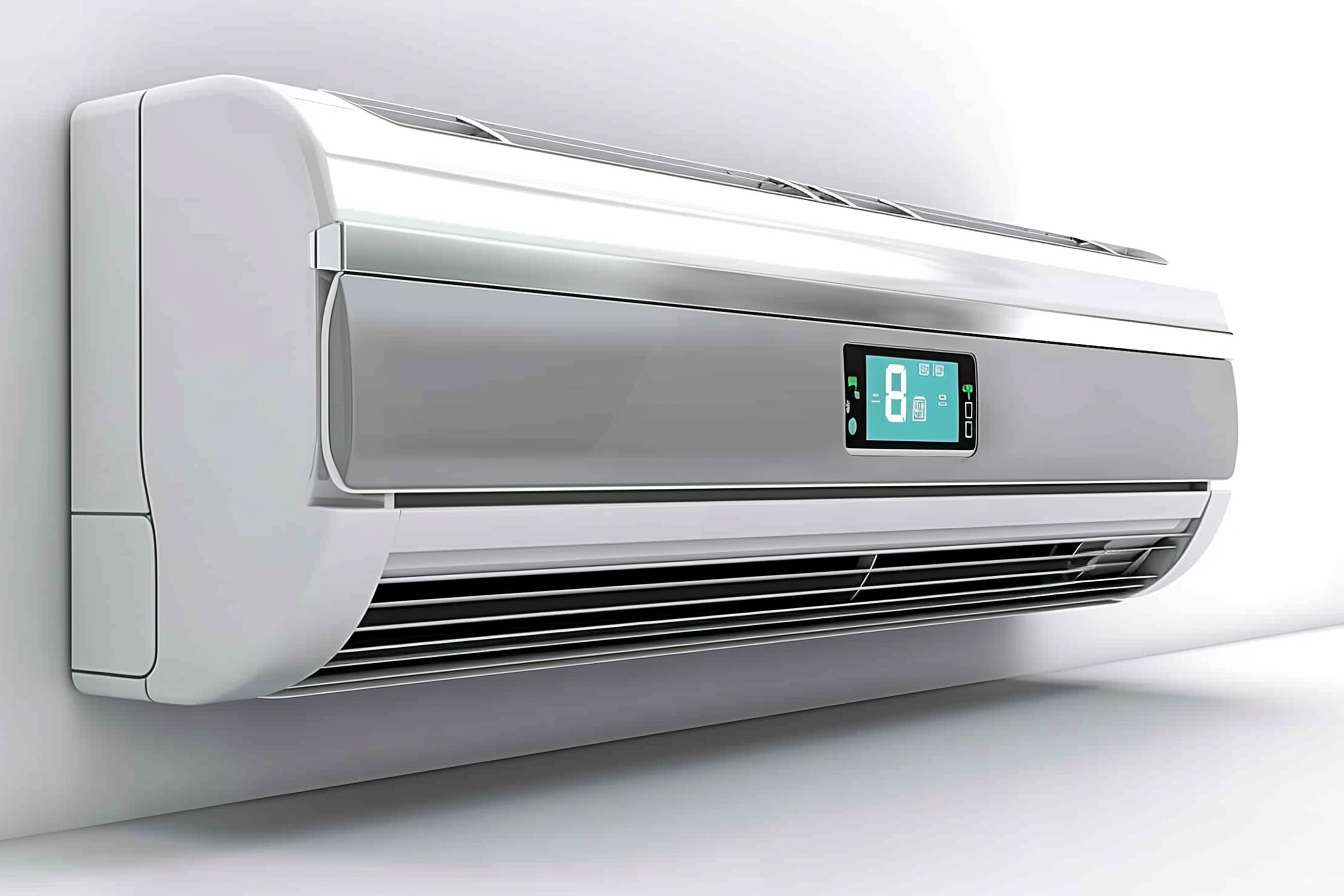Fixed Deposits: A Stable Investment Option for Your Savings
A fixed deposit, also known as a term deposit, is a popular financial product offered by banks and financial institutions worldwide. This investment option allows individuals to deposit a lump sum of money for a predetermined period at a fixed interest rate. Fixed deposits are considered a low-risk investment strategy, making them an attractive choice for those seeking stable returns on their savings.

What are the benefits of investing in fixed deposits?
One of the primary advantages of fixed deposits is their safety and security. Unlike more volatile investment options such as stocks or mutual funds, fixed deposits offer guaranteed returns. This makes them an ideal choice for risk-averse investors or those looking to diversify their investment portfolio. Additionally, fixed deposits often provide higher interest rates compared to regular savings accounts, allowing your money to grow at a faster pace.
Are there different types of fixed deposit accounts?
Yes, banks and financial institutions offer various types of fixed deposit accounts to cater to different investor needs. Some common types include:
-
Standard fixed deposits: These are the most basic form, where you deposit a lump sum for a fixed term.
-
Recurring deposits: Allow you to make regular monthly contributions over a specified period.
-
Tax-saving fixed deposits: Offer tax benefits under specific sections of income tax laws.
-
Senior citizen fixed deposits: Provide higher interest rates for individuals above a certain age.
How does the interest rate on fixed deposits compare to other savings options?
Fixed deposits generally offer higher interest rates compared to regular savings accounts. However, the rates can vary depending on factors such as the deposit amount, term length, and prevailing market conditions. It’s important to note that while fixed deposits provide stable returns, they may not always outperform other investment options like mutual funds or stocks in the long run.
What factors should you consider when choosing a fixed deposit?
When selecting a fixed deposit, several factors come into play:
-
Interest rate: Compare rates offered by different banks to get the best returns.
-
Term length: Choose a duration that aligns with your financial goals and liquidity needs.
-
Minimum deposit amount: Ensure you can meet the required minimum investment.
-
Premature withdrawal penalties: Understand the terms for early withdrawal if needed.
-
Credibility of the financial institution: Opt for reputable banks or institutions to ensure the safety of your investment.
| Bank | 1-Year FD Rate | 3-Year FD Rate | 5-Year FD Rate |
|---|---|---|---|
| Bank A | 3.50% | 4.00% | 4.50% |
| Bank B | 3.75% | 4.25% | 4.75% |
| Bank C | 3.60% | 4.10% | 4.60% |
| Bank D | 3.80% | 4.30% | 4.80% |
Prices, rates, or cost estimates mentioned in this article are based on the latest available information but may change over time. Independent research is advised before making financial decisions.
How can you maximize returns on your fixed deposit investments?
To make the most of your fixed deposit investments, consider the following strategies:
-
Laddering: Distribute your investments across multiple fixed deposits with varying maturity dates to balance liquidity and returns.
-
Reinvesting interest: Opt for cumulative fixed deposits where interest is reinvested, allowing for compound growth.
-
Comparing offers: Shop around for the best interest rates and terms from different banks and financial institutions.
-
Timing your investments: Keep an eye on market trends and invest when interest rates are favorable.
Fixed deposits remain a popular choice for investors seeking a balance between safety and returns. While they may not offer the highest potential gains compared to riskier investments, their stability and predictability make them an essential component of a well-rounded financial portfolio. By understanding the various aspects of fixed deposits and carefully considering your financial goals, you can make informed decisions to grow your savings effectively.






